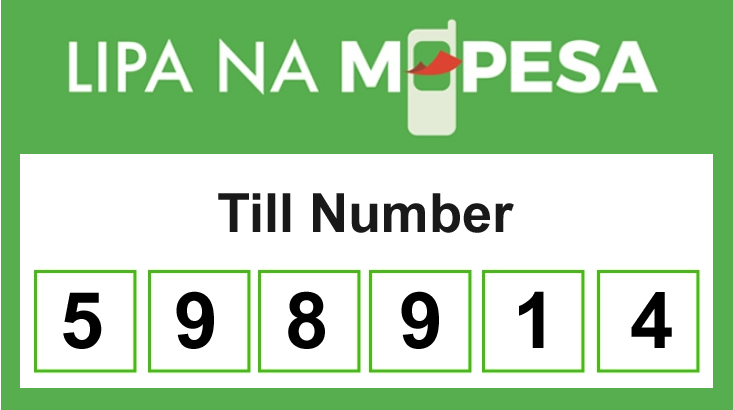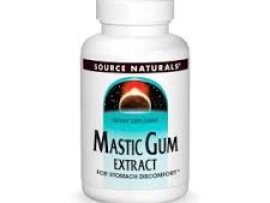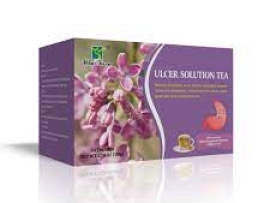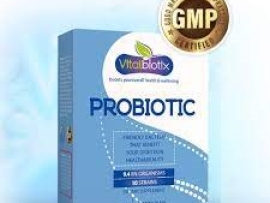Ulcers And Heartburn Supplements may help decrease stomach acid, improve symptoms of indigestion and also help relieve symptoms of acid reflux. Some supplements, including ginger and probiotics, may help reduce symptoms of acid reflux.
Acid reflux, also known as gastroesophageal reflux disease (GERD), is a common digestive issue. Furthermore, it’s associated with a range of side effects, including heartburn, nausea, belching, and stomach pain.
Proton pump inhibitors
PPIs work by reducing the amount of acid your stomach produces, preventing further damage to the ulcer as it heals naturally. Affitionally, they’re usually prescribed for 4 to 8 weeks. Omeprazole, pantoprazole and lansoprazole are the PPIs most commonly used to treat stomach ulcers. Also, Gut Health + Probiotics + Prebiotics also known as/related to/searched as: Probiotics for women, womens probiotic, probiotics for men, immune support, restore supplement, total restore, probiotic product, restore for gut health, licorice root supplement, leaky gut repair powder, restore for gut health, bloating, bloating support for women.
Herbs and Supplements for Acid Reflux (GERD)
- Peppermint oil.
- Ginger.
- Chamomile.
- Licorice.
- Other herbs.
- Antioxidants.
- Melatonin.
Conversely, most treatments for acid reflux involve making dietary or lifestyle changes. However, our Herbal and adaptogenic blend is an important part of our probiotic supplement with turmeric root, ginger root, fenugreek seed, marshmallow powder and licorice powder to help support digestion, provide help with stomach discomfort, gas, and intestinal health.
Many vitamins, herbs, and supplements may also help provide relief from symptoms.
Here are 6 supplements that may be beneficial for the treatment of acid reflux. Gastrolin Tablets, Kudzu Root Hepatitis Capsules, Mastic Gum, Ulcer Tea, Ulcerest Herbal Tea, Ulcify Gold Plus Ulcer And Stomach Anti-Inflammation Capsules.
Conclusion
Stomach acid is essential to proper digestion. Low amounts prevent the stomach from absorbing necessary nutrients and vitamins. Low stomach acid also leaves the body vulnerable to infection.
While treatment depends on the underlying cause, incorporating lifestyle changes and improving your diet can help you increase stomach acid levels on your own.
Before pursuing any alternative treatment, discuss your options with your doctor. Your condition may require a more conventional approach.










